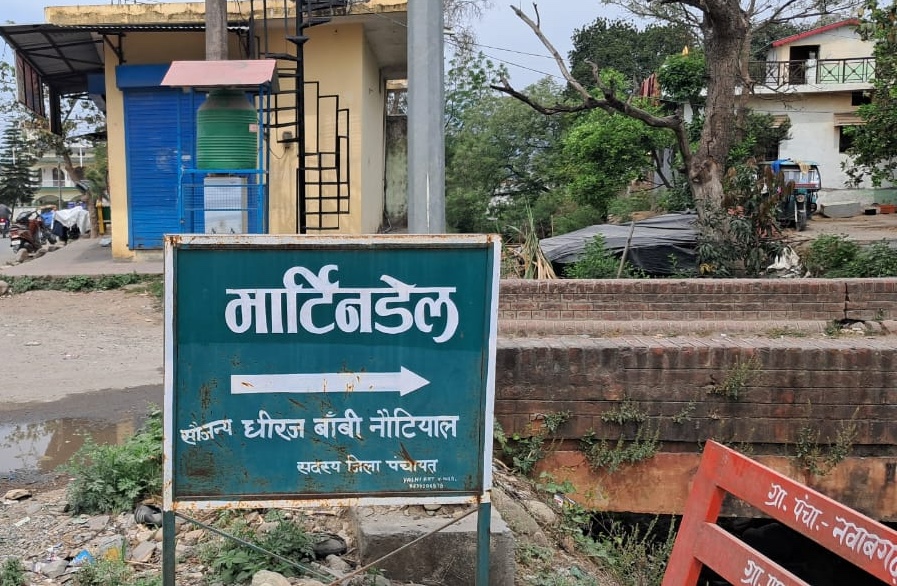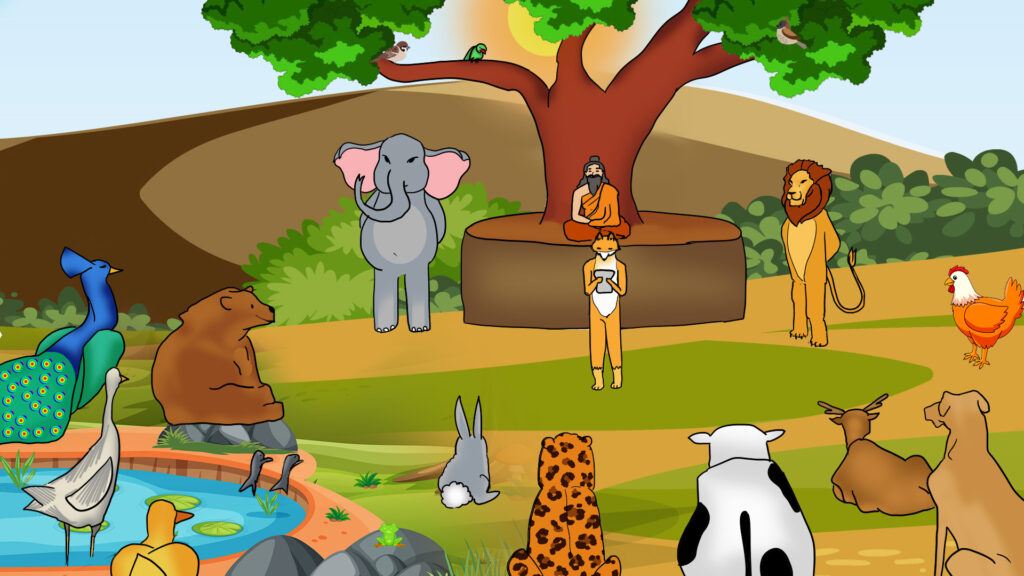 These are notes to myself: I will revisit these before I launch -God Willing! – TOPG 3.0 or any group activity for that matter.
These are notes to myself: I will revisit these before I launch -God Willing! – TOPG 3.0 or any group activity for that matter.
- We need to have a long warm-up or run-up before ANY event. Because people need time to make up their minds and the organizers also need time to screen, select, and orient people to a new learning event.
- Selection should be carefully made; Instead of using some criteria mechanically, organizers should do a little manual screening and invite potential candidates, even if they have not applied.
- It is good to over-recruit since attrition is a regular part of such online courses. We had about 30 people at the beginning, which dwindled to 5-6 who were regularly participating towards the end.
- “Slow-burn” approach is good for online activities. Once-a-week Zoom sessions for 20 weeks- with plenty of time during the week, to do “your own thing” was a good arrangement: both from the students’ and faculty’s POV.
- We had a good balance of discussions on psychological aspects of stammering issues and specific motor techniques, aimed at stuttering modification. Both kinds of sessions were approached with an appropriate methodology. Motor techniques were taught in a direct, controlled manner, followed by a session of supervised practice in the increasingly complex hierarchy: Pullout first on a single word; then in a one-line scripted sentence; then on many underlined words in a pre-selected paragraph, and finally in regular discussion on random words.
- Psychological Issues were discussed through open discussions, small group activities, and relevant YouTube videos followed by analysis.
- Training Tools: Video Self Modeling was used extensively. Mooc tasks were reviewed and feedback was given. Journaling was taken up as an optional class activity. One participant stuck to it, with noticeable progress. Moral: Let us keep looking out for new tools and not hesitate to use them.
- Amit and I, the “faculty” – we coordinated and prepared for the weekly sessions in advance- despite Time Zone differences. Perhaps we could do it more -but we were well prepared in every session; participants also were intimated in advance as to what would be the agenda. We have also jotted down our thoughts frequently. Moral: documenting a process is important for ongoing learning and improvements.
- The tone and the tenor of the Zoom sessions and the TOPG itself were, on purpose, relaxed, and “accepting people where they are”. In our context, being a friendly coach is a more effective approach, instead of being a subject-matter expert.
- We followed a tangible structure and content through out: Mooc in the light of 3E (Ease, Education, Empowerment). Moral: if we are going to repeat an activity or event again and again, it is better to have a written resource/ script for it. It acts as scaffolding and a compass.
- We have requested feedback in various formats: chat, video, audio, informal calls, etc. In the Indian milieu, students rarely give critical feedback! One has to dig for it with a pick-axe!
Let us keep learning and growing, as a community!




